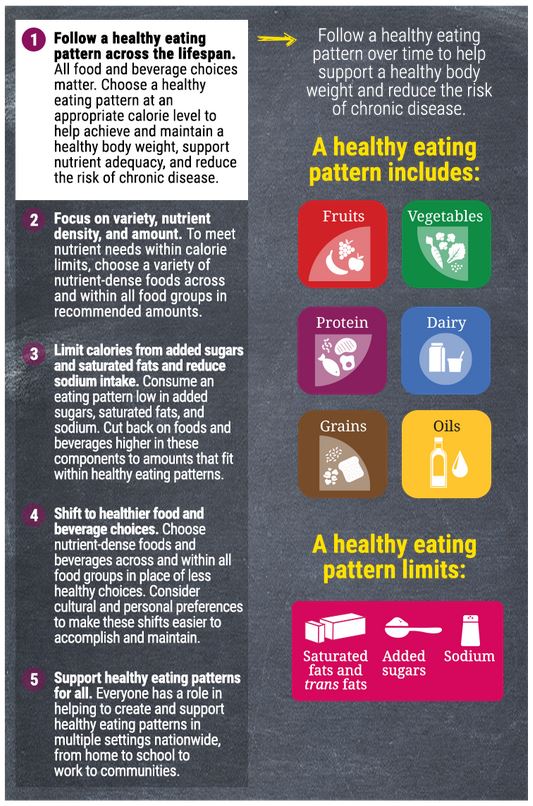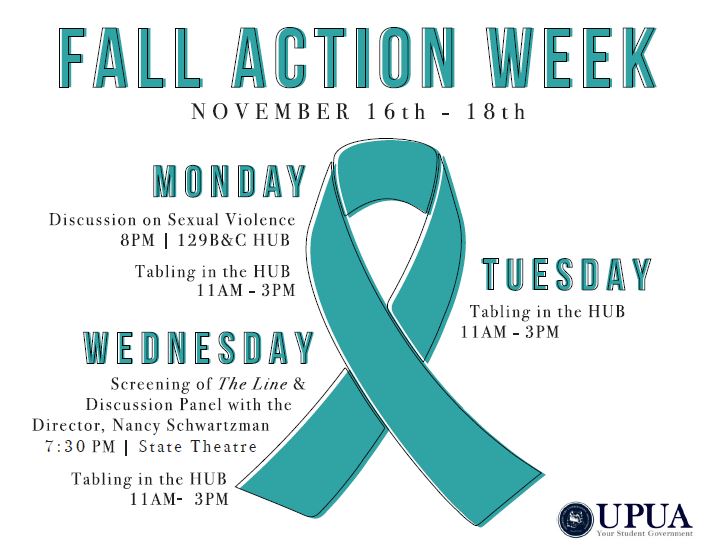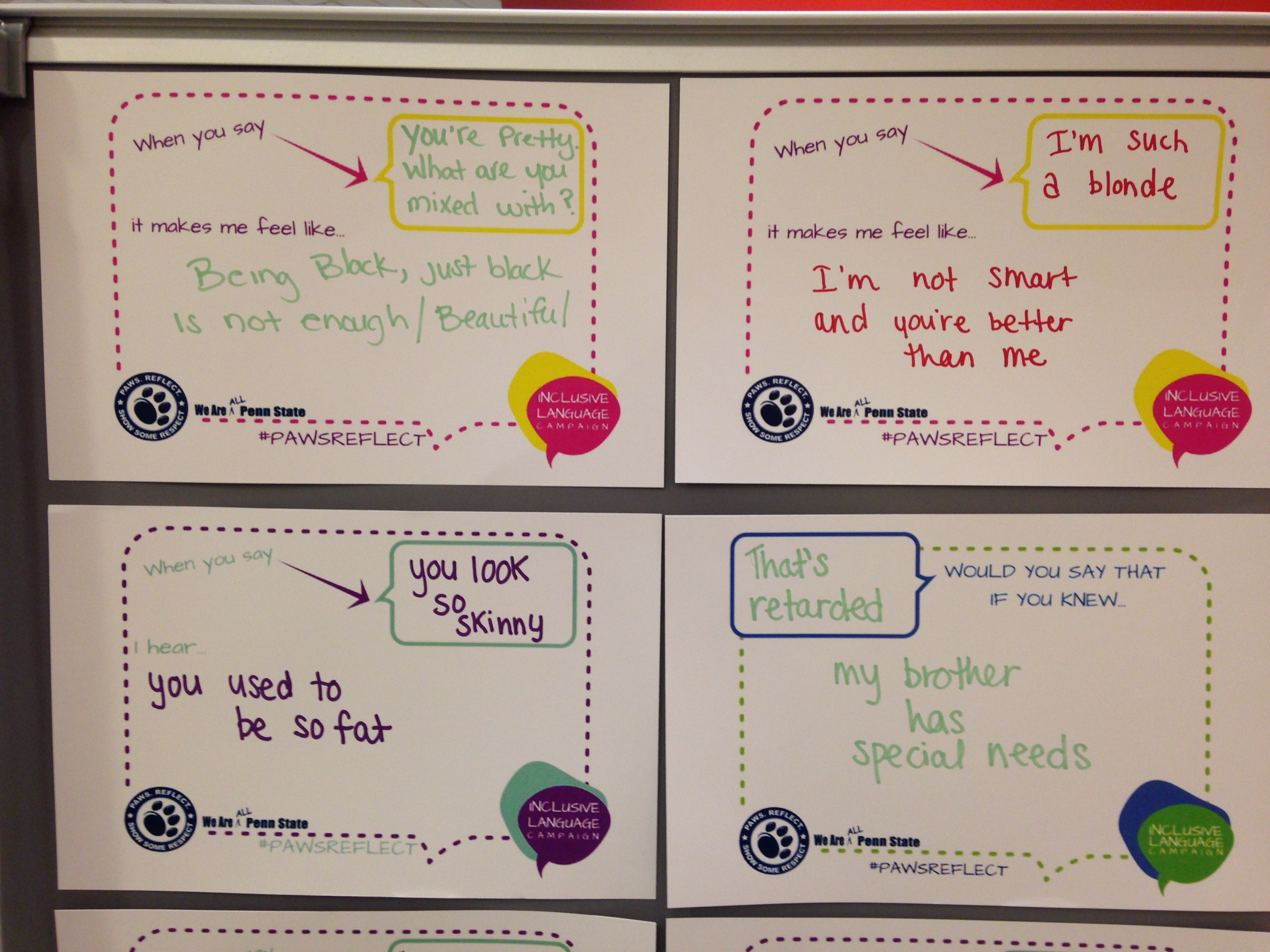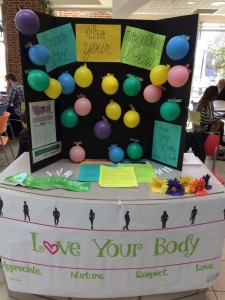Marijuana is becoming legal in states and cities across the country, so it’s not a big deal if you get caught at Penn State, right? Not exactly.
The evolving marijuana legislation can be confusing. Some students come from states where marijuana is legalized or decriminalized. Even within Pennsylvania there are areas where the police can be more lenient with marijuana violations. Some cities have adopted ordinances that allow for lower charges. A lot of students expect a marijuana charge to result in “just a fine” or expect the penalties to be similar to an underage drinking citation. Given that there is so much variation across the state, we think it is important for students to be knowledgeable about how marijuana violations are handled locally.
In State College and University Park, marijuana offenses are charged as misdemeanors under Pennsylvania law. In the state, marijuana is defined as a Schedule 1 controlled substance, and marijuana is not approved for medical use. (1)
Possession of a small amount of marijuana leads to more than just the $500 fine. Additional penalties include driver’s license suspension as well as possible jail time. The fine for possession of marijuana paraphernalia is even more significant at $2500. (1)
Currently, a misdemeanor conviction in Pennsylvania creates a criminal record. A record can make it difficult to get an internship or a job in the future. In some cases, at the discretion of the District Attorney, a person who is charged with possession of marijuana or paraphernalia can apply for the Alternative Rehabilitative Disposition (ARD) program. The advantage of ARD is that if it is successfully completed, the charges can be dismissed and expunged. However, ARD is not cheap or quick. It takes a year to complete and costs between $1300 and $1500. (1)
And that’s not all. Possession of drugs or drug paraphernalia is also a violation of the Penn State Student Code of Conduct. Penn State sanctions include disciplinary probation, review of housing contract for those in on-campus housing, and mandatory participation in the Marijuana Intervention Program. The violation also becomes a part of the student’s disciplinary record. (2)
Getting caught with marijuana is a big deal. It comes with a price tag of thousands of dollars, a risk to your career, and for many, a great deal of mental and emotional stress.
For questions or legal advice related to marijuana, contact Student Legal Services. Services are confidential.
If marijuana is having a negative impact on your life? FREE and CONFIDENTIAL support is available. Learn more at http://studentaffairs.psu.edu/health/MIP/
(1) http://studentaffairs.psu.edu/legalservices/publications/ Marijuana Overview



